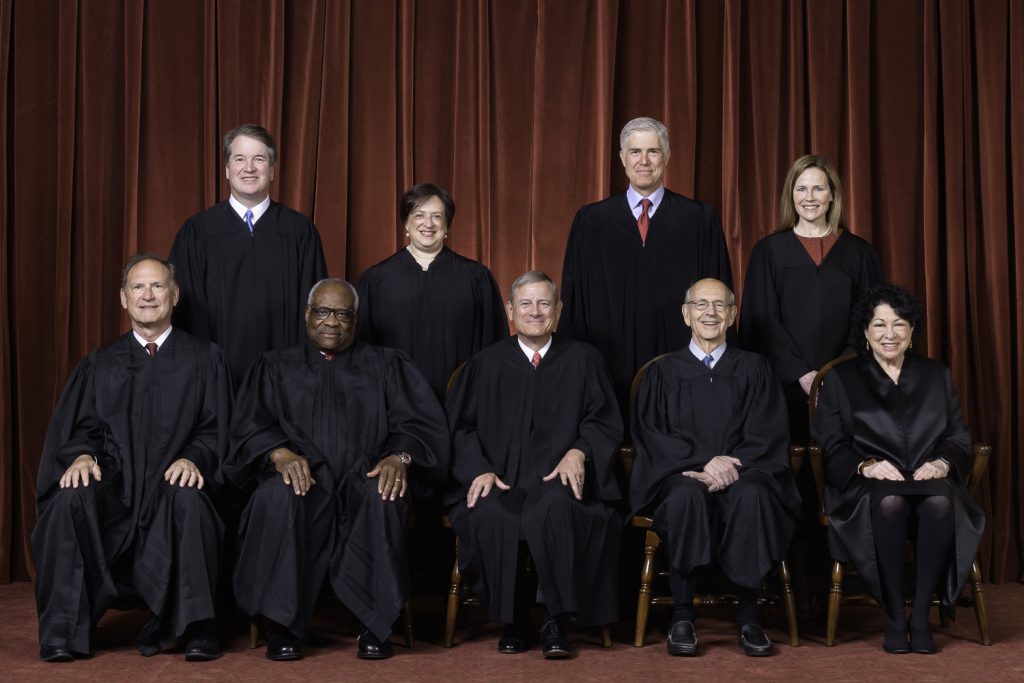
Last week Family Council joined 14 other pro-family organizations from across the country in filing an amicus brief with the U.S. Supreme Court.
The brief is part of an important lawsuit regarding free speech and religious liberty.
The case — 303 Creative LLC v. Elenis — has to do with a Colorado graphic designer named Lorie Smith. Lorie believes that marriage ought to be the union of one man and one woman, but the state is requiring Lorie to create designs that violate her beliefs about marriage.
The situation similar to Colorado baker Jack Phillips’ case from a few years ago.
Lorie’s case is currently before the U.S. Supreme Court.
Nobody should be forced to say something they don’t believe is true. Everyone should be free to say what they believe without fear of government punishment. Free speech, the free exercise of religion, and rights of conscience are woven into the very fabric of our nation.
That is part of the reason why Family Council chose to join other pro-family groups in filing an amicus brief in support of Lorie before the U.S. Supreme Court.
The amicus brief notes,
In this case, there is no real question that the petitioner, Lorie Smith, is engaged in speech. She’s a graphic artist, and the court below clearly and unequivocally stated that her “creation of wedding websites was pure speech.” Instead, the question is when and whether a state’s nondiscrimination law can overpower Ms. Smith’s rights of conscience and force her to say things she does not believe. . . .
For this artist, a same-sex union does not represent God’s plan for marriage, and it is thus wrong for her to lend her talents to celebrate a union that her religious beliefs reject. She does not refuse to serve gay customers. She only refuses to use her talents to celebrate or transmit messages that she finds morally objectionable.
The brief goes on to outline past court rulings that affirmed free speech and rights of conscience — and how those rulings should protect Lorie’s right to live and operate her business according to her convictions.
In America, you shouldn’t have to give up your freedoms in order to make a living. Lorie should be able to run her graphic design business without having to violate her conscience.
If the U.S. Supreme Court upholds Lorie’s rights, that’s good for everyone.
Oral arguments in the 303 Creative case are expected sometime this fall, and the U.S. Supreme Court will issue a ruling sometime after that.
You can read a copy of the amicus brief Family Council joined here.
Articles appearing on this website are written with the aid of Family Council’s researchers and writers.




